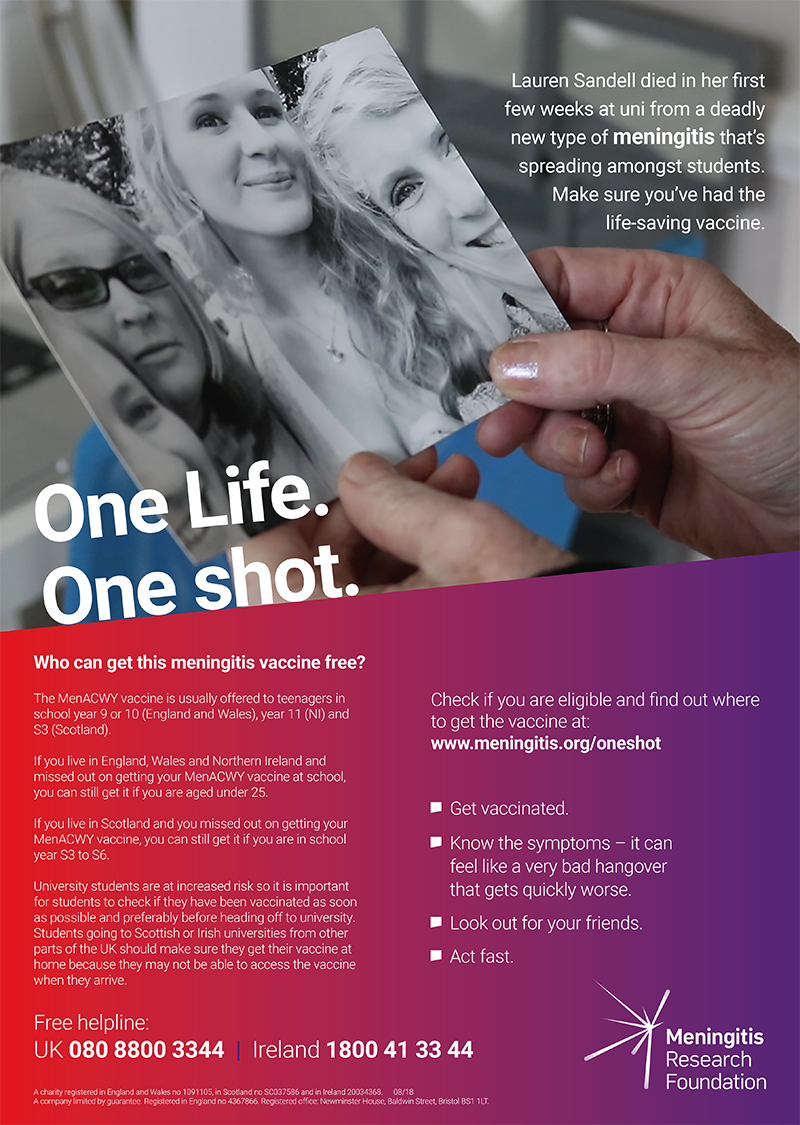- New partnership brings together world-leading meningitis experts to help defeat meningitis
- Bacteria that cause meningitis can travel the globe, so gathering genetic information from across the world is vital to defeating it.
A global overview of meningitis genomics is needed for public health action to
defeat meningitis by 2030, according to
a new paper published in the Journal of Infection. It highlights that a coordinated approach to collecting and sharing genetic data for the leading causes of bacterial meningitis could play a vital role in tackling the diseases.
Genomic surveillance involves using cutting-edge technology to study the genetic make-up of meningitis-causing bacteria. It is essential for effective disease control globally. It enables prompt identification of emerging virulent strains and supports public health interventions, such as tracking and tracing, and the development and deployment of vaccines .
However, experts warn that current genome collections are not fully representative of the global meningitis picture.
Genomic approaches have already helped stop deadly strains of meningitis in their tracks. In 2009, a sharp increase in cases of meningococcal group W (
MenW) meningitis was seen in England and Wales. Using the
Meningitis Research Foundation Meningococcal Genome Library, scientists studied the complete genetic blueprint of meningococcal bacteria in the UK, and discovered that this increase was due to a particularly dangerous strain of MenW originating from South America. This led to the introduction of
an emergency MenACWY vaccine campaign in the UK, which has reduced further spread of disease.
 This campaign successfully increased uptake of the MenACWY vaccine among teenagers.
This campaign successfully increased uptake of the MenACWY vaccine among teenagers.
But while there has been a rise in the use of whole genome sequencing, the authors explain that this has mainly been driven by a small group of countries with adequate capacity and resources. As a result, current genome collections lack global representation.
Global capacity to participate in surveillance therefore urgently needs to be expanded – particularly in resource-poor settings that experience large numbers of meningitis cases.
The establishment of this Partnership is an integral part of the new
Global Roadmap to Defeat Meningitis by 2030. Developed by a World Health Organization-led task force, the Roadmap offers the ideal opportunity to create a new vision for the role that whole genome sequencing can play in defeating meningitis, particularly through improving the global surveillance of the leading causes of bacterial meningitis.
Vinny Smith, Meningitis Research Foundation Chief Executive, said: ‘In 2019, Meningitis Research Foundation asked people affected by meningitis what improvements they would like to see that would help defeat meningitis. At the top of their list was a greater understanding where meningitis is occurring and to what extent. This partnership will help to provide them with some of the answers.
‘We have already seen the transformative impact that whole genome sequencing can have in some areas. Creating a global meningitis genome partnership that links resources for the leading causes of bacterial meningitis promises to have an even wider impact by supporting international co-ordination of strain identification and tracking, encouraging wider international participation, and enabling the public benefits of genetic sequencing to be delivered.
‘The establishment of the Partnership, which brings together world-leading meningitis experts, including representatives of existing genome libraries and global health partners, is a welcome step towards achieving global co-ordination.'